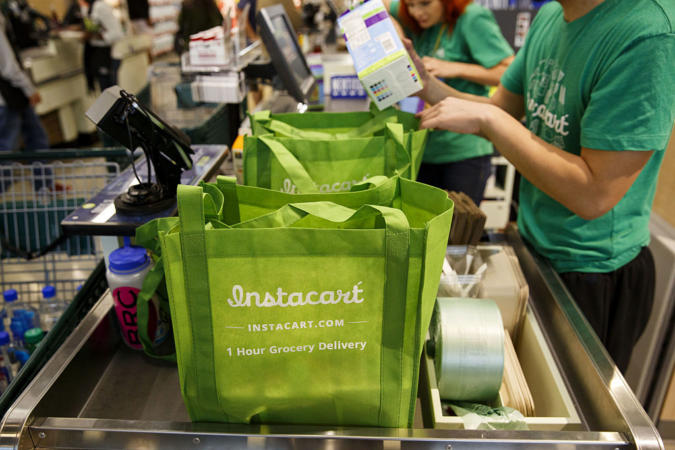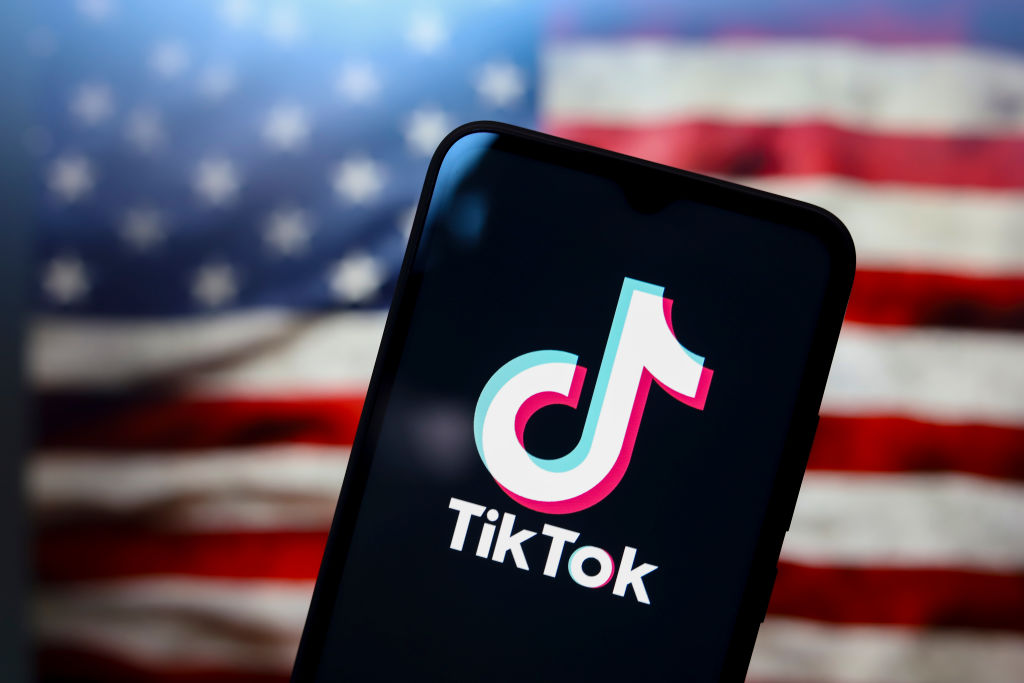It’s no secret that Silicon Valley companies don’t support their workers unionizing, but employees have been pushing back recently.
After the civil unrest last summer following the death of George Floyd, employees across the nation have been calling on their leadership to make actionable changes on the front of diversity, equity and inclusion.
By definition, labor unions are organized associations of workers, often in specific trades, companies or professions, formed to protect and further their rights and interests from pay to benefits, working conditions and beyond.
Unions are especially unusual for big tech companies. However, after years of confrontation between management and workers, more than 400 engineers and other personnel at Google recently unionized to apply pressure on their leadership, according to The New York Times. That may seem like a big union to you but to put the numbers into perspective, the internet giant employs more than 260,000 full timers.
The Alphabet Workers Union came at a time when Google workers have been demanding changes around the company’s ethics, harassment and pay policies. The tech giant was also recently in the limelight after a federal agency said it wrongfully fired two of its employees who protested last year.
Unfortunately, the Alphabet Workers Union won’t be able to negotiate an actual contract with Google, but the union will still give protections and resources to workers who join.
“Google is making it all the more clear why we need this now,” Auni Ahsan, a software engineer at Google and an at-large member of the union’s executive council, told the New York Times. “Sometimes the boss is the best organizer.”
Google employees have long been igniting activism at the company so the push for this union should be no surprise. In 2018, more than 20,000 employees walked out in protest for how the company handled sexual harassment. However, Google workers aren’t the only ones making noise at these big tech companies.

Employees at an Amazon warehouse in Alabama are set to vote on a union in the coming months, more than 70% of eligible employees at Medium have signed on to launch a new union and even employees at Apple are making attempts to get the ball rolling.
Talks about forming unions are gaining traction at gig economy companies as well. Companies like Lyft, Uber, Instacart and Doordash have also long been anti-union, but what’s the real reason why and how does this affect their workers? These gig-focused companies’ business models thrive off the fact that their workers are independent contractors.
Last year, there was a big push from gig workers to become W-2 employees at these types of companies as they worked through the pandemic without hazard pay. There has been different consequences recently for employees working at these four big gig companies.
Despite the many protests and outcries, proposition 22 spearheaded by Uber and Lyft was passed in California last year with a 58% approval rate. This proposition exempts app-based delivery companies from having to classify their workers as employees. Some of the apps included in this measure are Uber, Lyft, Instacart, Postmates, Doordash, and more. People who decide to work under these apps will be considered independent contractors and miss out on much-needed benefits like paid time off, sick leave, healthcare, unemployment offerings and more. The passing of this measure also tremendously hurts large and small labor unions across the U.S.
“Rideshare drivers and workers across California refused to back down even as Uber, Lyft and DoorDash plowed a record $200 million into a deceitful campaign to strip workers of the essential protections they need now more than ever,” Art Pulaski, executive secretary treasurer of the California Labor Federation, told The Los Angeles Times. “The end of this campaign is only the beginning in the fight to ensure gig workers are provided fair wages, sick pay and care when they’re hurt at work.”
Since the proposition passed, some of these gig economy companies are even lashing out on their workers who attempted to unionize last year. The company most in the hot seat for this recently is Instacart. The app-based grocery delivery company began laying off all of its independent contractors who voted to unionize. Instacart shared in a blog post that it was cutting some workers, mainly in-store shoppers employed by grocery stores, as some of its partner companies were changing their business models. Many just don’t think that is true.
USA Today reported that Instacart could be letting up to 2,000 of its workers go as a result of this, including a group of 10 in-store shoppers at a supermarket in Illinois negotiating a union contract, who were the first to be laid off.
“These layoffs are totally discouraging for any gig workers who are trying to do something to make these jobs better,” an anonymous in-store shopper who was laid off told Motherboard.
Prop. 22 has even inspired some grocery stores to layoff some of their W-2 employees and switch to using gig workers. Multibillion-dollar grocery chain Albertsons announced that it was laying off its delivery workers and switch to “third-party logistics providers,” the Washington Post reported.
Despite companies seeming like they want to support gig workers further, Lyft President John Zimmer has stepped up and said he’s willing to ink a deal with unions if that means his independent contractors will feel more supported.
“We’re ready to work with labor leaders and all interested parties who want to move forward and build a stronger safety net,” Zimmer told The Los Angeles Times. “If there’s a way we can work more together, which to me seems totally attainable and seems better, then we should pursue that.”
Promoting independent contractors to W-2 employees would be the real action gig workers would like to see. This push for unionization is not just about asking for a seat at the table with leadership teams, it’s about guaranteeing minimum wage for all, making sure families have health insurance, job security, and so much more. Zimmer’s words are wonderful to hear, but it would be great to see them put into action.

















